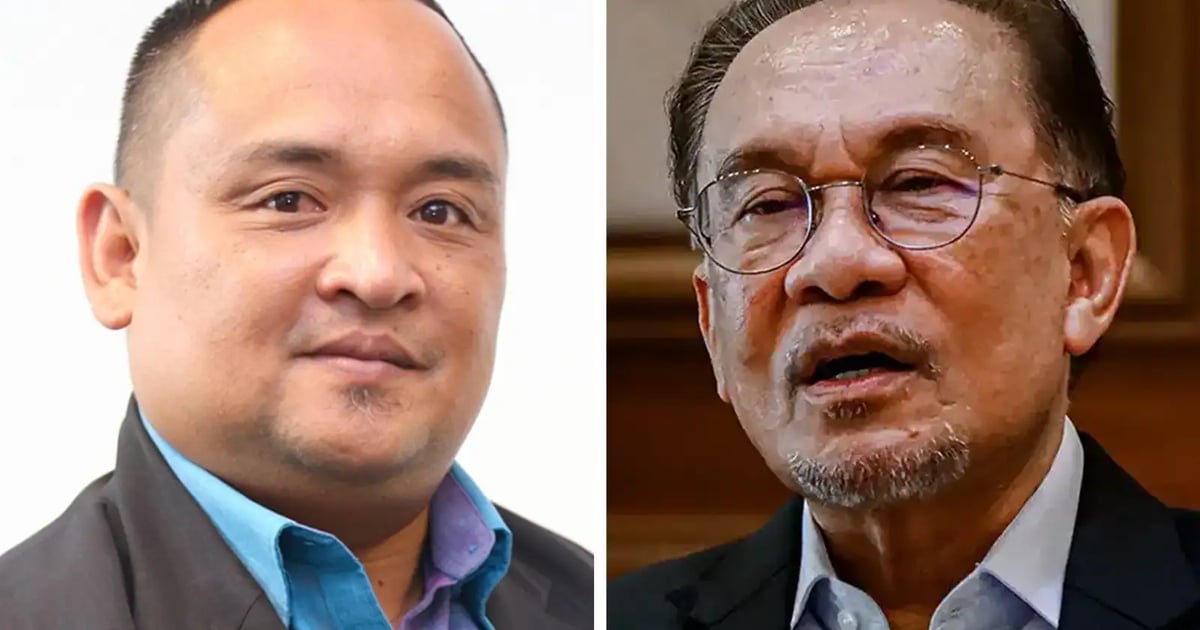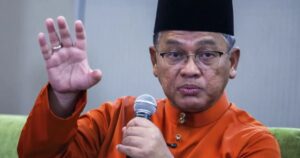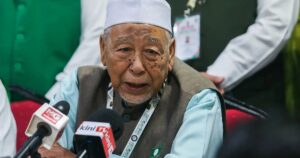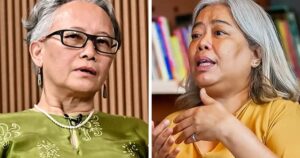
Sarawak’s relationship with the federal government is the strongest it has been in decades due to Putrajaya‘s consultative approach, says a political analyst from the Bornean state.
Dick Lembang Dugun of Universiti Malaysia Sarawak said there has been more negotiation-based power-sharing between Anwar Ibrahim’s administration and Sarawak, especially concerning the rights of Sarawakians.
“There is maturity in the negotiations, and Sarawak’s benefits can be seen,” he told FMT in an interview here.
Under previous federal administrations, the Malaysia Agreement 1963 (MA63) was more of a topic of discussion, he said. Now, the unity government recognises the need to implement it.
“Before this, it was just discussions. But under PMX (Anwar), we see that Borneo is given more space and more authority,” he added.
Dugun also said voters in rural parts of Sarawak were increasingly appreciative of federal aid and development grants that directly boost their livelihoods.
“There has been a lot of aid from the federal government through Sumbangan Tunai Rahmah and other aid measures to ease the burden of the poor, especially those involved in farming,” he said, referring to the Sejati Madani initiative.
“During field work, we ask rural folks about politics and gather their views to get information from the grassroots. And they are supportive of the federal government. Why? Because the aid reaches them,” he added.
He said that through Sejati Madani, many rural villages have been given grants that help them to generate income through fish farming, chicken rearing and egg sales.
Sarawakians still prefer local parties
Nonetheless, Dugun said voters in Sarawak largely continue to favour local parties — including the state’s ruling coalition, Gabungan Parti Sarawak — over national entities like PKR or DAP.
“Local parties better understand Sarawak’s needs,” he said, adding that while DAP has some support, PKR‘s influence is weak.
“DAP still has relevance, but as for PKR, they don’t have credible leaders in Sarawak. It’s like PKR is frozen and can’t get any support.
“If they have good leaders to play their role as a check and balance on the state government properly, they might gain traction.”
Dugun called for GPS to set up institutional check-and-balance mechanisms, saying they are essential to uphold a healthy democracy.
“In democratic practice, check and balance is critical. Even within a party, they must have checks and balances. Even though they (backbenchers) support the state, they must voice out more.”
Sarawak has 82 state seats, only two of which are held by the opposition — in particular, DAP.






